An inquiry by House of Lords members has recommended “urgent” reforms be made to the UK’s disability benefits system, pressing the government to push ahead with planned changes.
Writing to DWP secretary Liz Kendall, the House’s Economic Affairs Committee advises that welfare spending must be reduced or else it will “remain a challenge” for the government. The inquiry report points out that £65 billion a year is now spent on health-related benefits in the UK, which is more the government’s spend on defence (£54 billion).
In a wide-ranging letter, committee chair Lord Bridges of Headley argues that there too many incentives to claim health-related benefits under the current system, while there are too few to find work once they are being claimed. He recommends there be ‘no delay’ in planned reforms to how claimants of health-related benefits are assessed.
The intervention comes after prime minister Sir Keir Starmer told reporters during a recent visit to Ukraine that he would be “ruthless” in cutting benefits if needed to balance government spending. A green paper on planned changes to health-related benefits is expected in Spring.
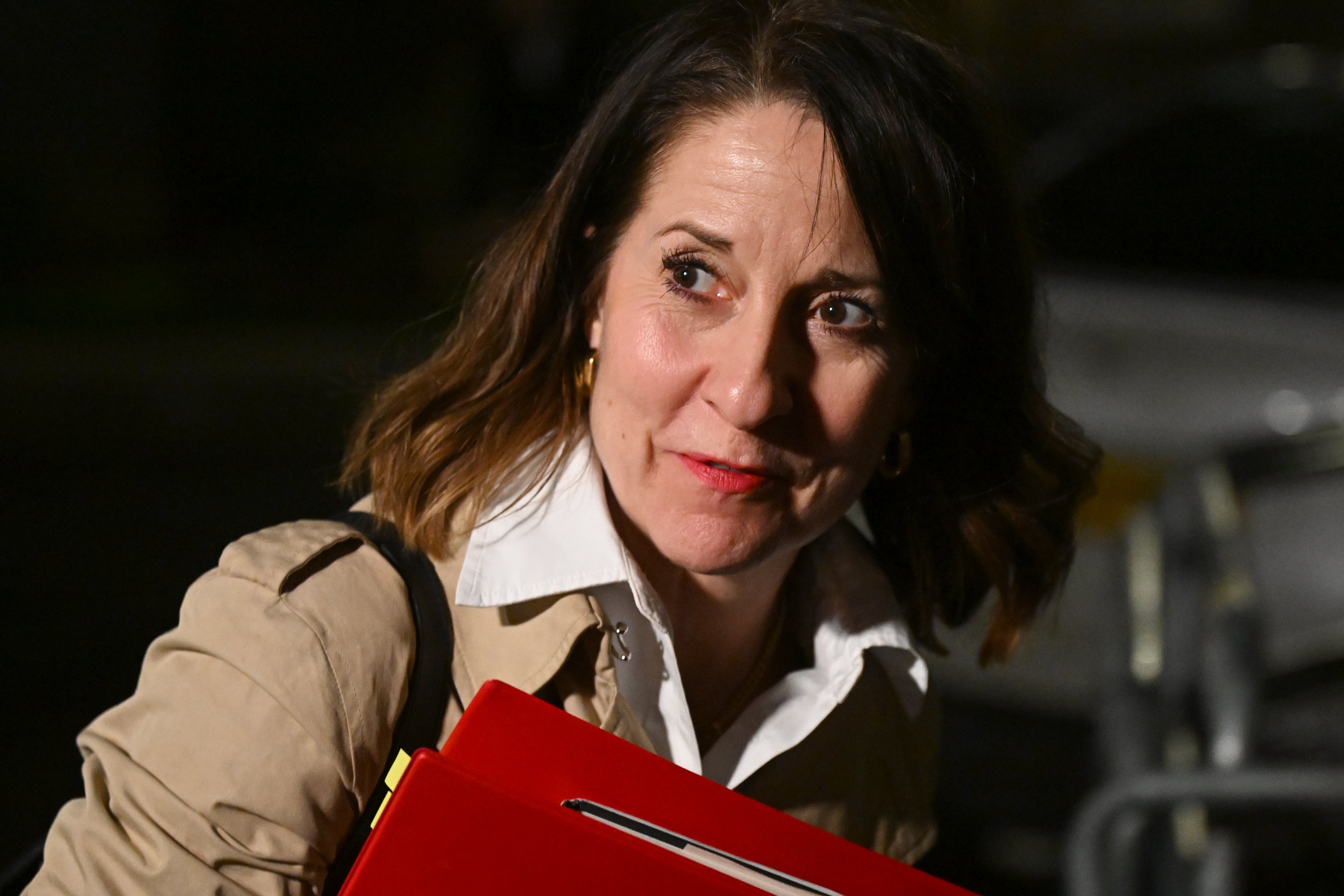
The government has said changes to work capability assessment (WCA) will be central to the changes, as pledged in its manifesto. This health assessment is currently one of the main ways that someone will be found eligible or ineligible for health-related benefits. It has attracted controversy since its introduction in 2008, with reports in 2018 and 2023 both finding that too many incorrect assessment decisions continue to fuel mistrust of the process.
Lord Bridges said: “The health benefits system is financially unsustainable, wastes human potential and – in the words of the Employment Minister – ‘does not work for anybody’. Given the pressure on the nation’s finances, tackling this must be a top priority for the Government.
“Urgent action is needed to reform both the unemployment and health-related benefits system, and how they interact. There should be more support to help those who are able to find and accept work – and to ensure that those who cannot work for a period are not abandoned to a life on benefits.”
The number of people claiming health-related benefits has skyrocketed since the Covid pandemic, his letter also points out. There are now 3.7 billion people of working age receiving them – 1.2 million more than in February 2020. While there is no consensus, experts point to an increasing number of young people needing support with mental health issues and ever-longer NHS waitings lists as a driving factor.
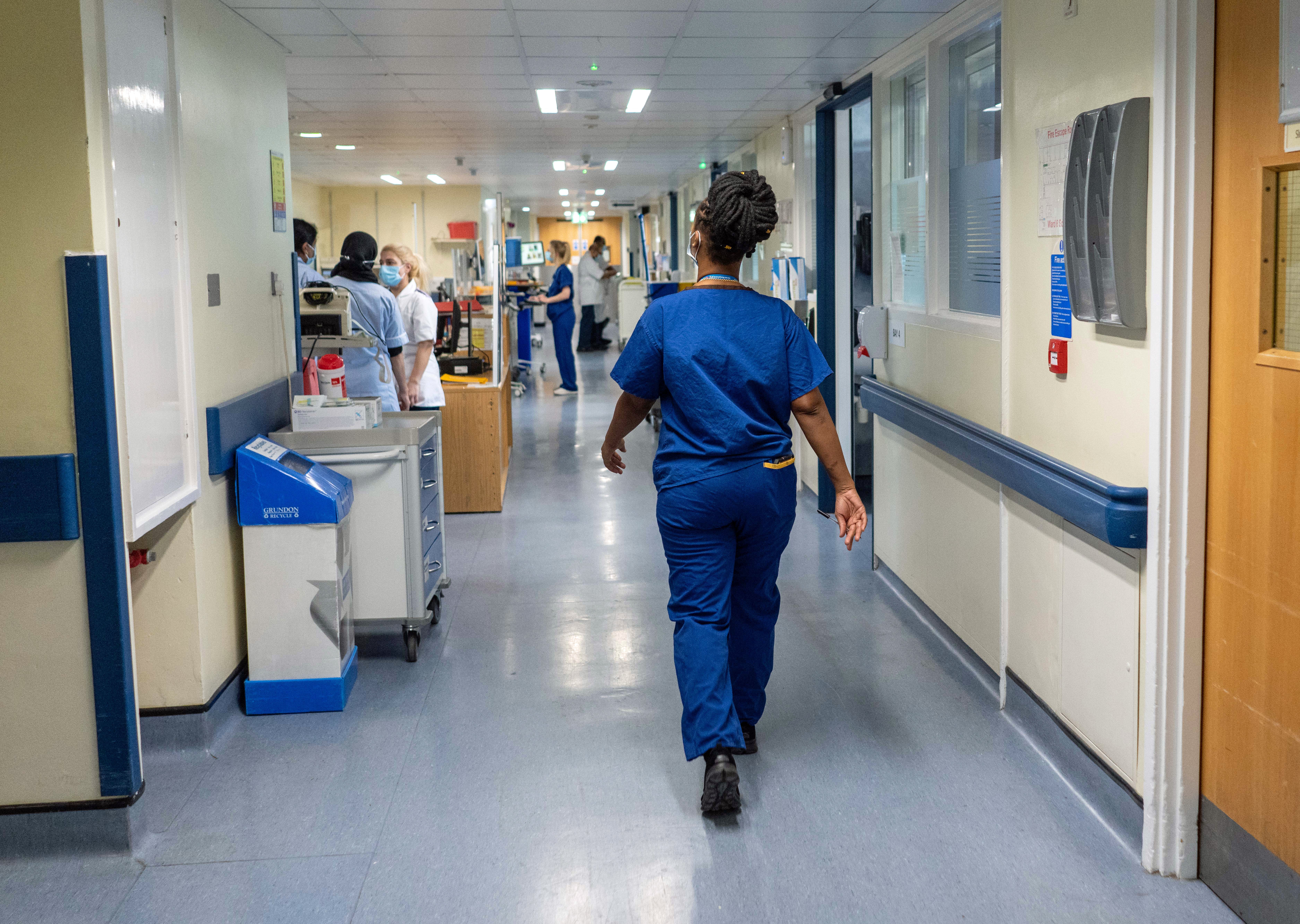
However, the committee adds that it has seen “no convincing evidence” that the government’s plan to improve NHS waiting lists will reduce this figure. It also finds that if 400,000 people who are out of work due to ill-health were able to find work, it would save a net £10 billion for government coffers.
James Taylor, executive director of strategy at disability equality charity Scope, said: “Our broken benefits system urgently needs fixing, and we know there are a million disabled people who want to work but are denied the opportunity.
“But governments have continually come unstuck when they’ve started with a figure to cut, rather than on what works to support disabled people into jobs.
“Life costs a lot more for disabled people. Our employment advisers find the stress of knowing benefits could be stopped for not meeting certain conditions makes it much harder for disabled people to find work. Cutting benefits spend means taking away the support disabled people need to live, which will push many more disabled people into poverty.”
Labour is currently looking to save £1.3 billion a year from changes to the WCA, pledging to match spending commitments made by the previous government but not yet detailing how their reforms will differ. The party has said it will re-consult on the changes after the Conservatives’ consultation on the plans was found unlawful by a High Court judge for being ‘unfair’ and ‘misleading.’
A Government spokesperson said: “We are determined to get Britain Working again and have set out our first steps towards delivering an 80% employment rate – by joining up local work, health, and skills plans.
“We have been clear that the current welfare system needs reform, so it is fairer on the taxpayer and people get the support they need to move into work.
“Building on our Get Britain Working White Paper, we will bring forward proposals for reforming the health and disability benefits system in the Spring. This will be part of a proper plan to help disabled people who can work secure employment while ensuring support is provided for those who need it.”













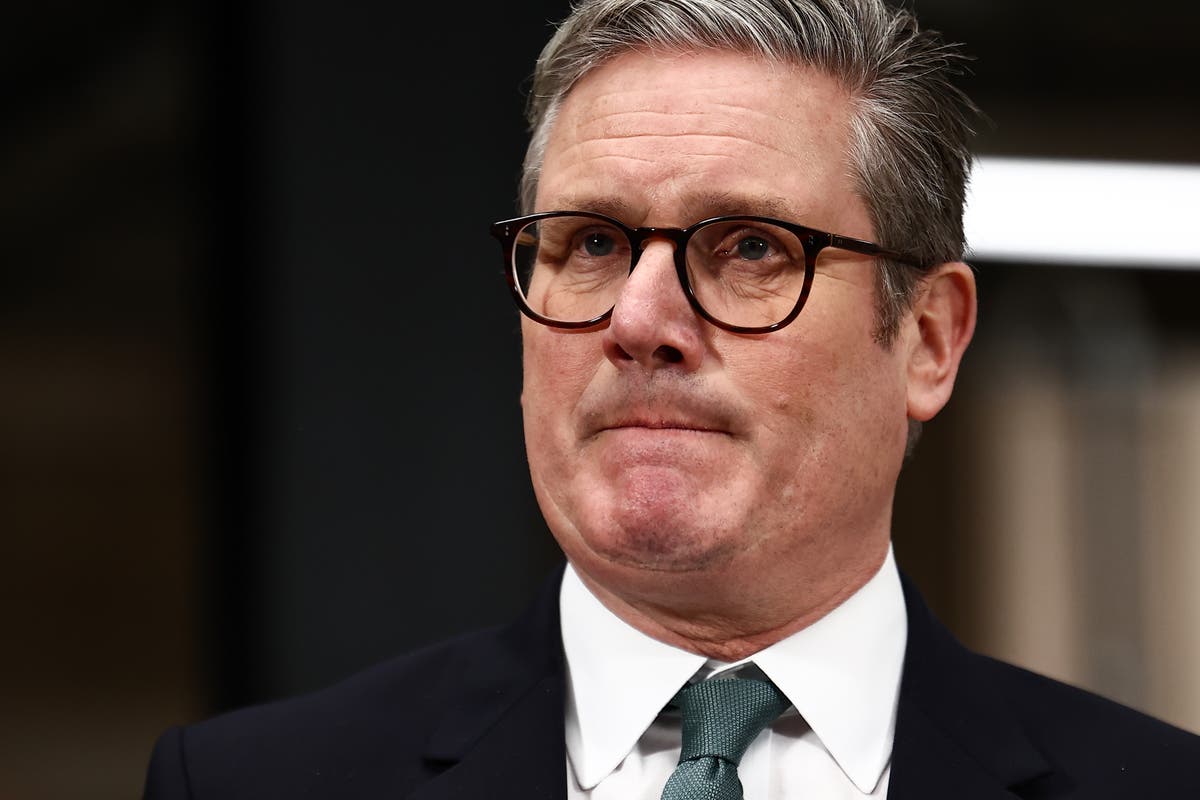




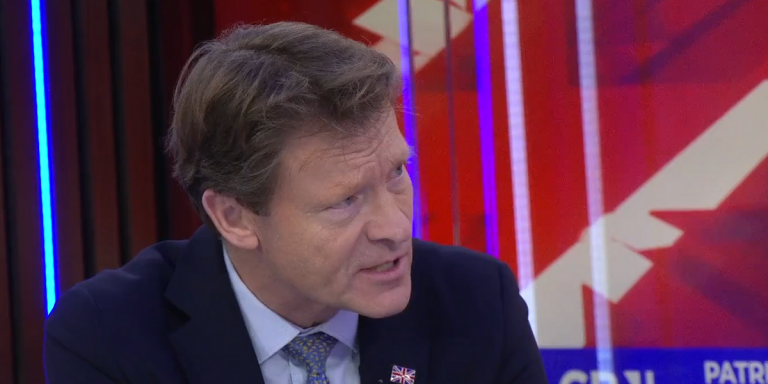





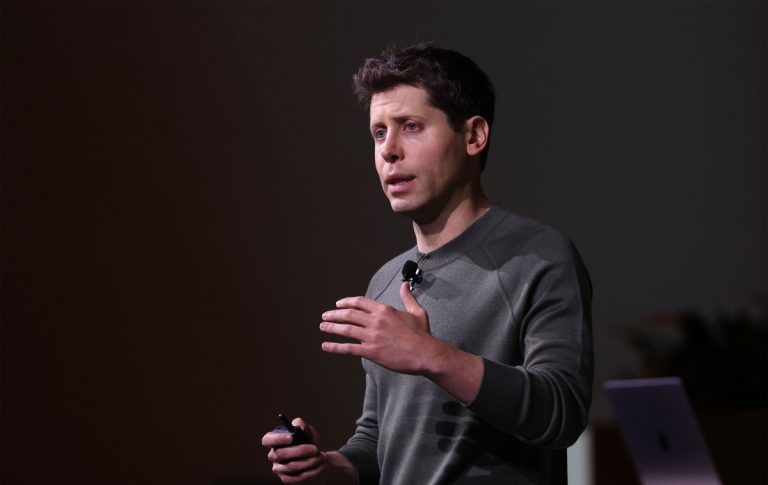


+ There are no comments
Add yours